MBA Top-Up
Intakes: October and February
Duration: 6 months full-time
Awarding Body: University of Bolton
Overview
The MBA top-up programme aims to help students, who already have a good foundation in studying business at postgraduate level, progress to a full MBA qualification by developing their understanding over the course of two research-based modules.
Module 1: Research Methods
This module introduces students to different research methodologies that they can use within their dissertation. Students develop a broad understanding of research methods and are introduced to epistemology and ontology to justify their philosophical approach to research. Syllabus areas include:
Introduction to research philosophies and approaches (deductive/inductive)
Role of and approach to selecting and reviewing literature
Quantitative and Qualitative methods of data collection
Quantitative and Qualitative methods of data analysis incorporating parametric and non-parametric statistic, thematic analysis and the role of observation in research
Research ethics
Module 2: Dissertation
The aim of this module is to enable students to conduct substantial research study on a relevant research topic selected by the student in consultation with the module convenor and a specific supervisor. The dissertation is the primary integrating piece of work demonstrating that graduates can address a management problem. The dissertation module builds upon the Research Methods module, where the students get familiar with the research methods available. Accordingly, a high standard of achievement is expected, and the dissertation should draw on the intellectual and analytical skills and knowledge developed during postgraduate study. It will also provide an opportunity for students to develop their interests in an area and demonstrate an ability to undertake individual research. Expectations of the dissertation module are:
Identification of a research questions, aims and objectives
Planning and time management and structuring of a major project
Review and selection of appropriate methodology with due care and attention to ethical issues
Use of primary and secondary research
Critical analysis of data collected
Application of data answer the research questions
Identifying conclusions and make future recommendations
Defending findings and reflecting on self-development
Entry requirements
120 credits at RQF level 7.
1 academic and 1 employer reference.
Applicants require a minimum of 2 years post-graduation work experience in a managerial or professional role.
We welcome applications from international students and from those with non-traditional educational or professional qualifications, who shall be considered on their own merits.
International applicants whose first language is not English require an Academic IELTS score of 6.5 with at least 6.0 in each unit.
Accreditation of prior learning
In order to assess the eligibility of an applicant for a top-up degree we ask for the inclusion of all relevant documents with the application. Credits may be awarded based on previous academic performance in equivalent subject areas or alternatively applicable knowledge gained through prior work experience. Final decisions on admission for top-up degrees and the awarding of credits are made by the degree awarding body, in line with the Accreditation of Prior Learning (APL) procedure. When considering the relevance of previous experience we advise applicants to try to match their experience to the learning outcomes of the degree curriculum, a copy of which can be obtained on request from the Admission Office.
A top-up degree requires the student to take fewer credits and the tuition fee is adjusted accordingly, as follows:
Note that if it is decided that an applicant is not exempt from any modules but that they are eligible to study for the degree, an offer of full study shall be made instead.




